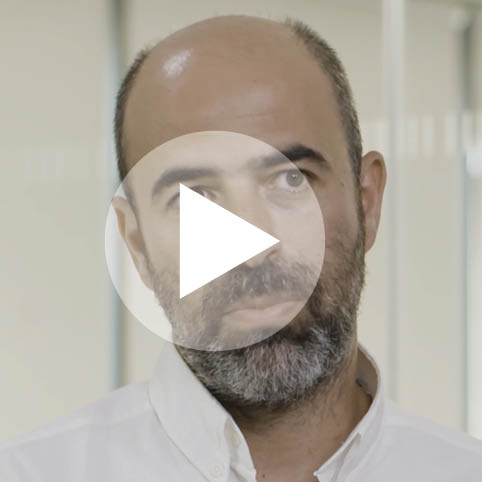Robin Powell
Constantinos Antoniou – Warwick Business School
RP: Have you ever wondered how good you are at driving? Most of us consider ourselves better than average drivers. But, statistically, half of us must be below average.
That’s a classic example of what behavioural scientists call overconfidence bias. Here’s Constantinos Antoniou from Warwick Business School.
CA: The way it manifests itself in decision-making overall is that people tend to think they are better at doing a task than they really are. So this could be your sense of humour, your driving ability… and this also has a big impact on investment decisions. Now, how can it influence your decisions? It could be the case that you over-rely on information that is not really information. So you trade too much on the back of news, or rumours, that you analyse and think that there is some value, some signal there that could help you actually make money… but in fact, there is nothing there. It’s just noise. Overconfidence will make you think that there is something of value there, but in fact there is nothing. What ends up happening is that you trade more than what you should trade.
RP: Though there’s some disagreement as to why human beings are so prone to overconfidence, it’s generally believed that it has something to do with evolution.
Characteristics that were helpful to our distant ancestors are not always so helpful today.
CA: As far as survival goes, perhaps overconfidence is a good thing; but in the domain of investments, it is not a good thing. So, why people are overconfident is because we tend to like to have an optimistic view of ourselves. That is a good trait to have in general: if you go through your life thinking you are not good enough and you’re just pessimistic about your own ability, it’s not going to lead to good outcomes in general. Overconfidence is a good trait for people to have, but in financial decision-making, perhaps it is not so helpful.
RP: So, is there anything that investors can do about overconfidence? Thankfully there is.
CA: The most important thing is to acknowledge that we tend to be overconfident, and so to be skeptical about the decisions that we take. I would suggest you make a decision – “OK, I’m going to buy this particular asset” – and play devil’s advocate on your own decision and try to look for information that would go against this decision that you took. Can you find this information? If you can find it, then think about it. Is this something that I should have considered and I did not consider? And if you don’t find any information, then it gives you confidence that it was perhaps a good, sensible decision.
RP: And if you suspect you’re being overconfident, the best advice is to err on the side of caution.
By simply staying invested in low-cost index funds, you can expect better-than average returns after costs in the long run.

